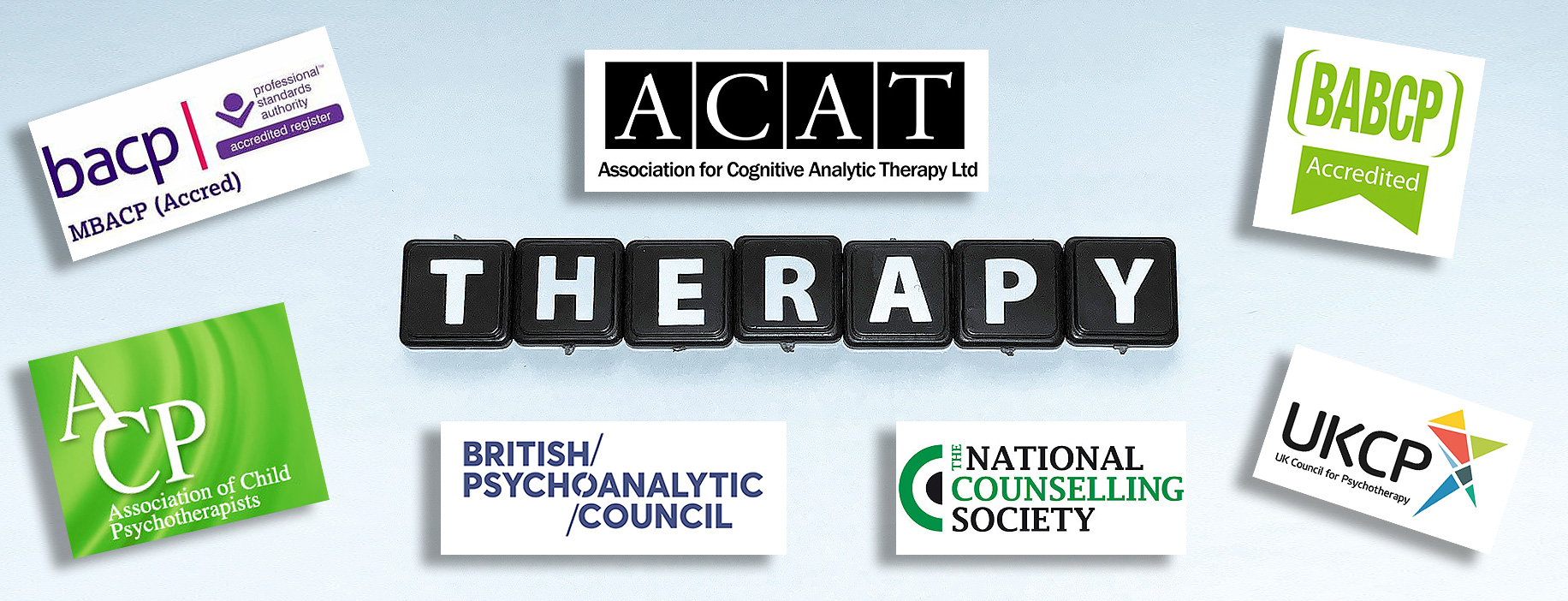Like many industries, therapy has its own professional bodies which provide advice and support to professionals and service users, regulate the industry, and work with other organisations to ensure that therapeutic services are working well for their clients.
Some bodies focus on a specific type of therapy modality (technique) or area of practice (for example gestalt therapy, or child therapy) while others have a wider remit, covering any types of therapy and counselling.
In the UK, the most well-known professional bodies are the British Association for Counselling and Psychotherapy (BACP), the UK Council for Psychotherapy (UKCP) and the College of Sexual and Relationship Therapists (COSRT).
These professional bodies offer therapy accreditation to industry professionals, usually based on their professional qualifications and a certain amount of experience in the field. They often provide a range of membership categories and require members to undertake regular ‘Continuing Professional Development’ (CPD).
This is a way of ensuring that accredited therapy professionals continue to update their existing skills as well as gain new ones and keep informed about new developments and best practices in the industry.
At HQ Therapy, all of our qualified counsellors and therapists will be members of at least one professional body or association, and they will include that information in their online profiles. For more information and any questions take a look at our FAQ section (below).
This may never be relevant for you, but it can be useful to know if a therapist is accredited in the specific type of therapy you’re interested in, or who to go to if you have a concern about a therapist’s practice. The professional bodies are there to support both professionals and clients.
***If you are interested in contacting us for information and guidance about therapy, please use the contact form at the bottom of this page.***

